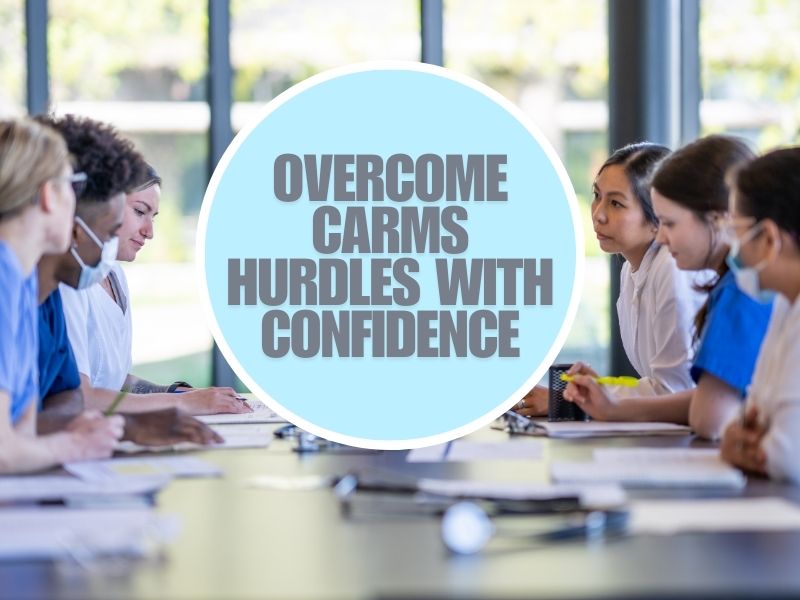Interview season, whether for medical school or residency, is a very stressful time of the year. Single interview sessions, MMIs, travel/Zoom fatigue, uncertainty about the selection/match process – all of these can be different sources of a lot of anxiety. Through both medical school interviews and residency match interviews, a lot of wisdom has been shared with through various sources, so I thought it would be helpful to synthesize and prepare a list of tips for those preparing for this process. It is a daunting but exciting time.
Tip 1: You are the expert on yourself.
This is probably the most important tip I can give to anyone on the interview trail. You are being interviewed for who you are as a person. Your application is what you are on paper, and you have been granted the interview because you are worth consideration based on that application. You are more than a piece of paper, though, and the interview is your chance to piece everything together and be yourself. Don’t try to be someone you aren’t, that takes a lot of energy and will inevitably seem inauthentic. Being genuine is important. Don’t take yourself too seriously, and just enjoy the moment.
Tip 2: Don’t spend too much time preparing.
This sounds counterintuitive, right? Preparation is important, but when you notice yourself starting to perseverate on little details or feel like you’re spiraling, that’s an indication to take a step back and just breathe. When you are preparing, remember that you know your space. Sometimes you will be uncomfortable during the interview day and as long as you know your space and can bring a conversation back to where you feel confident, you will feel more comfortable. It’s okay to ask someone close to you (family/partner/friend) who sees you often to point out when they think you might be more stressed than is healthy.
Tip 3: Know your “why.”
You will be asked “why medical school?” or “why this specialty?” every single interview day. Guaranteed. Make sure you know your “why” more than any other question. This may require some soul searching in order for you to come across as genuine. Blanket statements like “I want to help people” are not going to cut it without a meaningful explanation. Don’t assume that everyone has read your personal statement and be ready to dig deep and answer the question truthfully and openly. This goes without saying, but “I don’t know” is not a phrase that should ever come up when answering this question. Be steady and be ready for follow-up questions that are related to your explanation.
Tip 4: Don’t ask generic questions.
Interviews are a two-way street, so expect the phrase “do you have any questions for me” every single time. Try to avoid asking questions that can be found on a program or institution’s website. Instead, focus on asking questions that matter to you personally. For medical schools, a question I often asked was “what are the various avenues for students to get involved in basic science research, and what have some students done recently in neuroscience?” For neurosurgery residency program directors, I asked “what do you consider to be effective leadership, and how do you think your leadership skills could improve?” Tailoring questions to your interests rather than just trying to kill time is key to making the most out of your interview.
Tip 5: Have a routine.
This is the preparation that matters the most. Whether your interviews are on Zoom or in person, make sure you take care of your hierarchy of needs. Have a sleep schedule and a morning routine for interview days. If you are hungry, tired, etc. during an interview, it may take away from your experience. Once you have a routine that you can settle into for interview season, how you manage your time will be one less thing to stress about.
That’s it! Those are my 5 tips for reducing anxiety during interview season and for crushing the interview day itself. Remember to breathe. Interviews for both medical school and residency are exciting! Everywhere you interview, you belong. Soak it all in and remember, one bad interview isn’t the end. Once an interview is over, reflect on it and move on. Chances are you’ll have more good days than bad ones. Enjoy the process!


